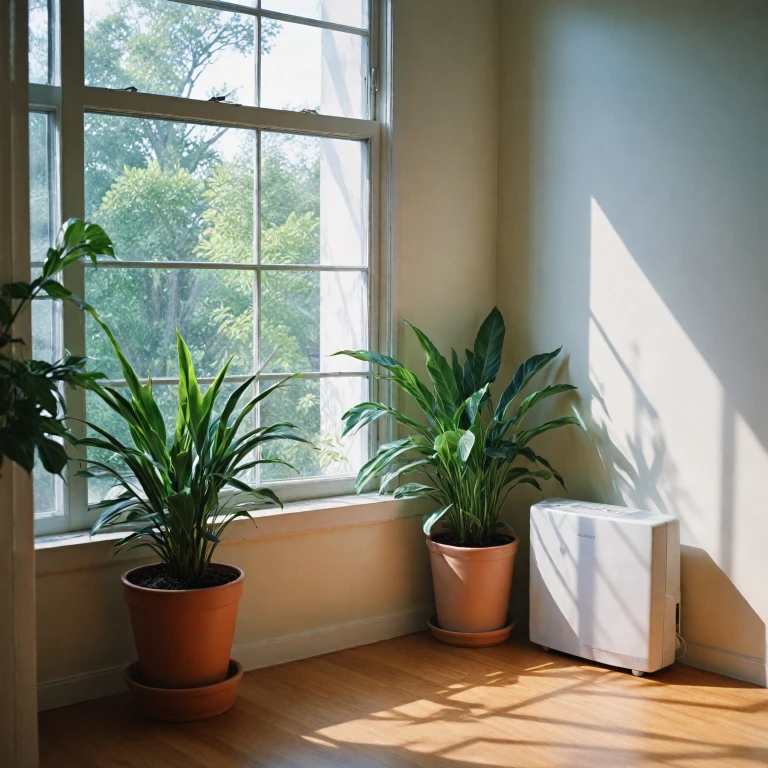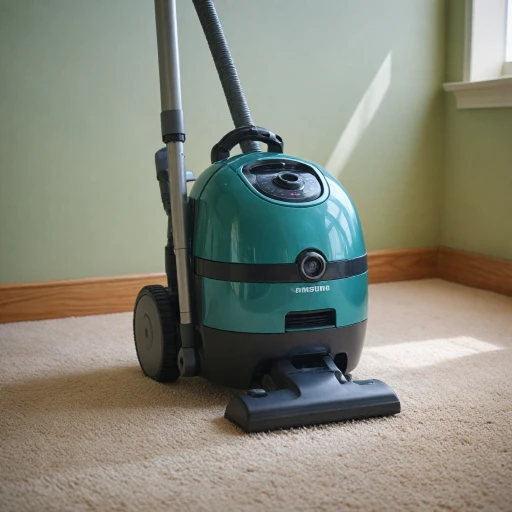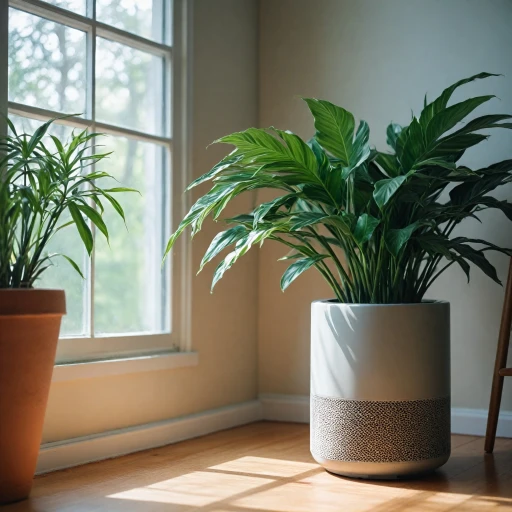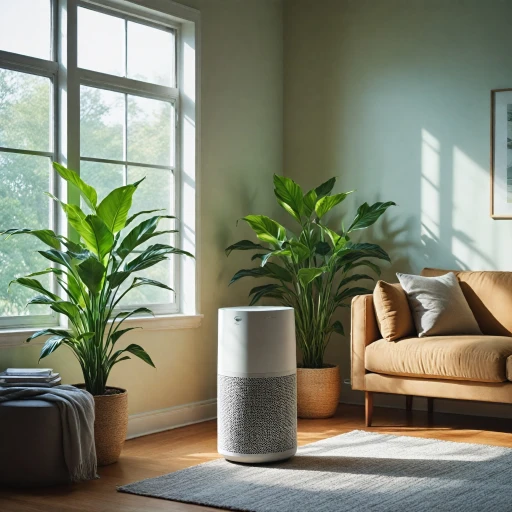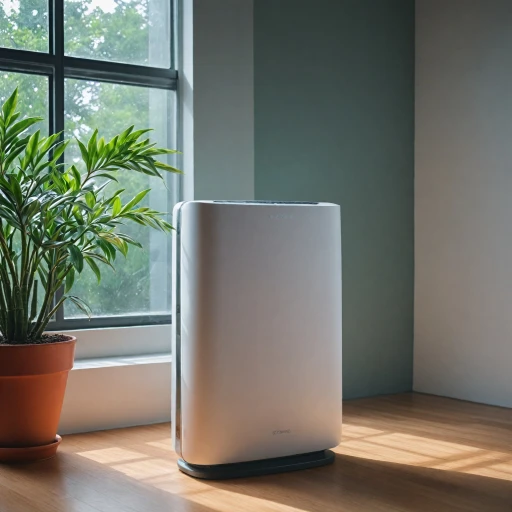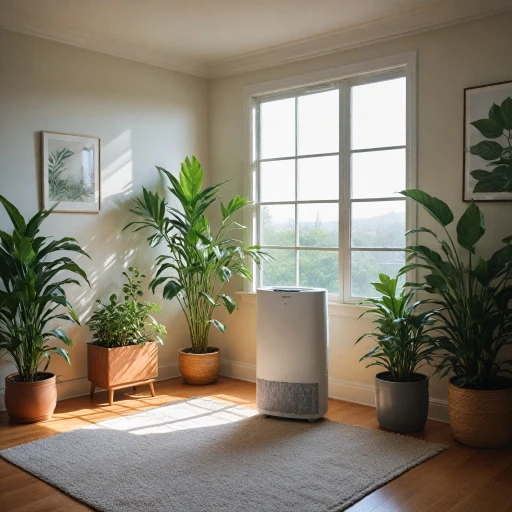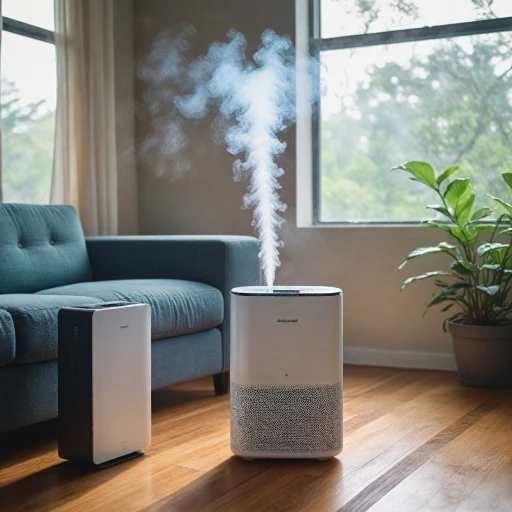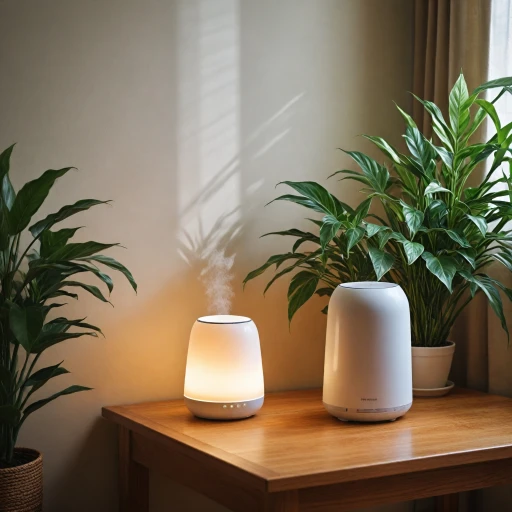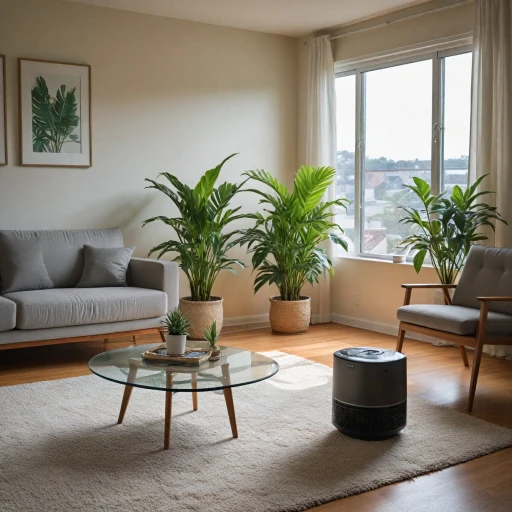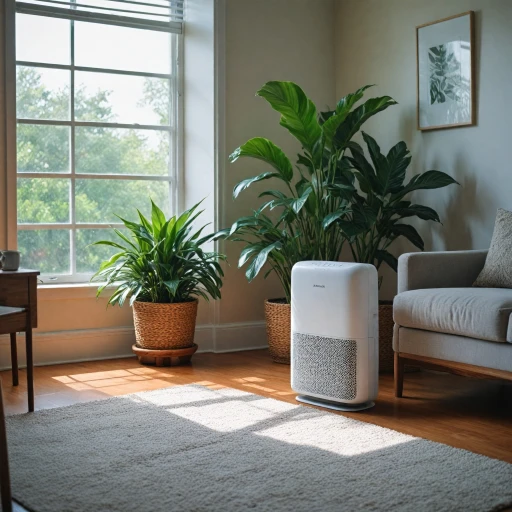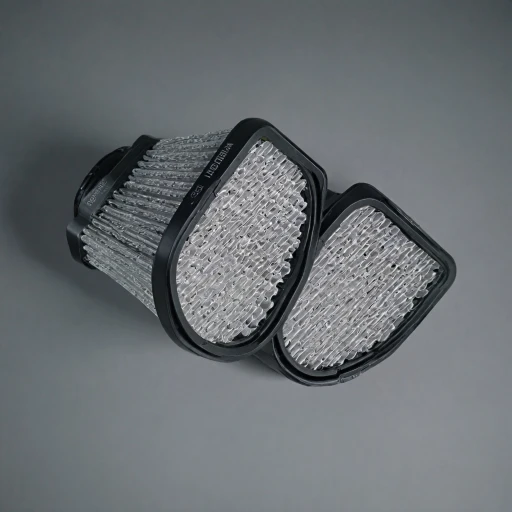
Understanding the Role of Dehumidifiers in Air Quality
Exploring the Impact of Dehumidifiers on Indoor Air
Dehumidifiers play a crucial role in enhancing indoor air quality by managing moisture levels. Excessive humidity can lead to a host of issues, including mold growth and dust mites, which can adversely affect health and comfort. By reducing humidity, dehumidifiers help create a more balanced and healthier living environment.
In spaces with high moisture content, such as basements or poorly ventilated rooms, a dehumidifier can be a game-changer. It not only helps in maintaining the structural integrity of your home but also improves the overall air quality. When combined with a purifier, particularly one featuring a HEPA filter, the benefits are amplified, providing cleaner and fresher air.
Why Humidity Control Matters
Managing humidity is essential for preventing the proliferation of allergens and pollutants. High humidity levels can make the air feel heavy and uncomfortable, contributing to respiratory problems and exacerbating conditions like asthma. A compact, portable dehumidifier can effectively reduce moisture, making your home more comfortable and healthier.
Brands like Tenergy Sorbi offer smart dehumidifiers with features like an energy star rating and a water tank that simplifies maintenance. These dehumidifiers are designed to fit seamlessly into various spaces, ensuring that your indoor air quality remains optimal.
The Role of Dehumidifiers in Air Purification
While dehumidifiers primarily focus on moisture control, they indirectly contribute to air purification. By reducing humidity, they minimize the conditions favorable for mold and bacteria growth. When paired with a true HEPA filter, these devices can capture airborne particles, further enhancing the quality of the air you breathe.
Choosing the best dehumidifier with a HEPA filter involves considering factors like the size of the space, energy efficiency, and maintenance needs. As you explore options, it's important to understand how these devices work in tandem to improve air quality and comfort.
What is a HEPA Filter and How Does it Work?
The Power Behind High-Efficiency Particulate Air (HEPA) Filters
When it comes to maintaining pristine indoor air quality, understanding the science behind HEPA filters is crucial. Originating from the need for exceptionally clean environments in complex industries, HEPA filters have become a staple in residential air purifiers, including those combined with dehumidifiers. But how do they exactly function to advance air quality standards?
HEPA, or High-Efficiency Particulate Air, filters are designed to trap tiny particles with an incredible effectiveness. They capture at least 99.97% of airborne particles that are 0.3 microns in diameter. This size is often regarded as the most penetrative particle size, making HEPA filters a powerful ally in improving air quality in various spaces. This includes combating allergens, dust, pollen, and some bacteria, providing a noticeable enhancement in indoor air quality.
HEPA filters work mainly through diffusion, interception, and impaction, capturing unwanted particles in these specific ways:
- Diffusion: Smaller particles move erratically, increasing chances of colliding with fibers in the filter.
- Interception: Particles in the air stream can adhere to a fiber due to close proximity.
- Impaction: Larger particles collide with fibers and get trapped.
Incorporating a HEPA filter in a dehumidifier like the popular Tenergy Sorbi not only addresses humidity but also significantly improves air quality by eliminating harmful particles. It becomes an efficient solution in managing moisture air while purifying it using true HEPA technology.
For those interested in advanced air cleaners, understanding VOC air cleaners can further assist in managing OR estrifying additional pollutants in indoor settings.
Benefits of Combining Dehumidifiers with HEPA Filters
Advantages of a Unified Approach with Dehumidifiers and HEPA Filters
Integrating dehumidifiers with HEPA filters can significantly enhance indoor air quality, especially when dealing with issues like high moisture levels or airborne particles. Here are some benefits of combining these systems:- Improved Air Quality: Dehumidifiers work by reducing excess moisture in the air, which can lead to mold and mildew growth. When paired with a HEPA filter, a dehumidifier also removes common allergens and pollutants, thus purifying your space efficiently. This dual action particularly benefits those suffering from allergies or respiratory problems.
- Enhanced Efficiency: A dehumidifier air system that includes a HEPA filter can handle humidity while capturing smaller particles such as dust mites, pollen, and pet dander. This is ideal for spaces where air quality tends to be compromised, such as in basements or closed rooms without proper ventilation.
- Versatile Applications: Portable models like the Tenergy Sorbi or Afloia Air allow you to maintain clean air across multiple spaces with ease. Their compact design and advanced features, such as smart dehumidifier capabilities, provide flexibility for home or office use.
- Energy Efficiency: Models that feature an Energy Star rating offer the added benefit of reducing electricity consumption. This ensures that your system not only protects indoor air quality but also operates cost-effectively.
- Ease of Use: Brands like Sorbi offer user-friendly designs; features like a removable water tank or a window into the moisture collection allow for straightforward operation and maintenance.
Choosing the Right Dehumidifier with a HEPA Filter
Selecting the Optimal Device for Your Needs
When considering the purchase of a dehumidifier equipped with a HEPA filter, various factors come into play to ensure your choice effectively enhances indoor air quality. The balance between a dehumidifier's moisture-removing capacity and the HEPA filter's air purification capabilities is essential.- Space Compatibility: Evaluate the size of the area you intend to use the device in. Compact units like the Tenergy Sorbi or Afloia Air models are suitable for smaller spaces, whereas larger areas might require a more powerful dehumidifier.
- Capacity and Efficiency: Consider the dehumidifier's capacity to remove moisture per day, measured in pints. Devices labeled with the Energy Star rating provide efficiency that helps reduce electricity costs.
- Technology Features: Advanced models may offer smart features, allowing you to control them remotely or set schedules. A smart dehumidifier with a true HEPA filter can be particularly beneficial in maintaining air quality efficiently.
- Noise Levels: Pay attention to the noise levels of the dehumidifier air model. Some units operate quietly, making them ideal for bedrooms or offices without disturbance.
- Brand Reputation: Brands like Tenergy and Afloia have established credibility in the air quality industry. Consider reviews and ratings to determine the reliability and performance of a purifier dehumidifier.
- Water Tank Capacity: Check the size of the water tank. A larger capacity reduces the frequency of emptying the tank, which is crucial for devices used in high-humidity areas.
Common Challenges and Solutions
Addressing Common Obstacles with Dehumidifier Purifier Combos
Combining a dehumidifier with a HEPA filter offers significant benefits to your indoor air quality, yet it may present some challenges. Understanding these issues can help you navigate them effectively. Space Constraints Compact spaces might make it difficult to accommodate a larger dehumidifier air purifier combo. Consider purchasing a portable dehumidifier like Tenergy Sorbi or checking other compact options to fit smaller areas without losing efficiency. Excess Moisture Management If the water tank isn't large enough for your humidity levels, you may find yourself frequently emptying it. Selecting a model with a larger tank capacity can alleviate this inconvenience, helping maintain moisture air levels optimally without constant attention. Energy Consumption Though combining machines can sometimes lead to energy concerns, choosing an Energy Star certified model can be a smart move. This ensures the best energy efficiency, thereby reducing overhead costs. Noise Levels Operational noise can be a factor in deciding which dehumidifiers to buy. Look for a brand known for quieter operations if this is a priority, allowing you to enjoy the improved air quality without disturbance. Filter Maintenance Maintaining your HEPA filter involves regular checks to ensure it continues to trap pollutants efficiently. Check the filter's lifespan, and replace it as needed. Products like the Afloia Air can come with maintenance indicators to simplify this process. Addressing these common challenges can help you maximize the benefits your dehumidifier with HEPA filter provides, ensuring a comfortable and healthy living environment.Maintaining Your Dehumidifier and HEPA Filter
Maintenance Tips for Optimum Performance
Keeping your dehumidifier with a HEPA filter in top shape is essential for maintaining the quality of your indoor air. Regular upkeep can also help extend the lifespan of your device and its components. Here are some maintenance tips to ensure your dehumidifier and HEPA filter work effectively:- Regular Cleaning: Dust and debris can accumulate, affecting performance. Clean the exterior of your purifier dehumidifier with a damp cloth. Don't forget to clean the air intake and exhaust grilles, as these areas often collect dust. Regular cleaning helps maintain air quality in your spaces.
- Monitor the Water Tank: Most modern dehumidifiers, including brands like Tenergy Sorbi or Sorbi Air, come with a water tank that collects moisture air extracted from the environment. Check the water tank daily, and empty it when necessary to prevent mold growth and maintain the best humidity levels.
- HEPA Filter Replacement: True HEPA filters are designed to capture fine particles, but they eventually become saturated. Check the manufacturer's guidelines on how often to replace your HEPA filter, typically every 6 to 12 months. This keeps the filter functioning at peak efficiency and helps in maintaining indoor air quality.
- Check the Energy Star Rating: Regularly evaluate your dehumidifier's energy consumption. A smart dehumidifier or models certified by Energy Star are designed to use less energy, saving you money while also being better for the environment.
- Address Any Minor Issues: If you notice unusual noises or reduced performance, refer to your user manual. Often, simple solutions can resolve common challenges, like adjusting the positions in compact spaces or near an opens window for optimal air circulation.

